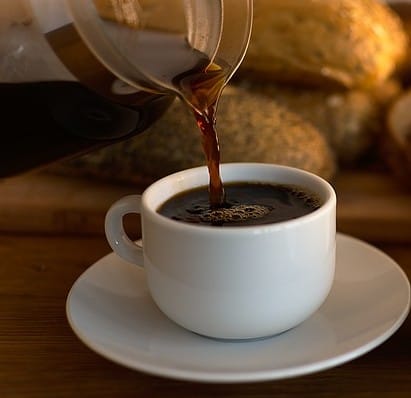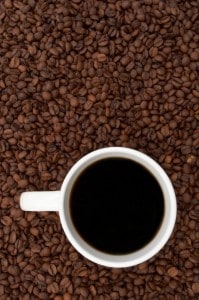 Q. My 22-year-old daughter has a mild case of PCOS and we are wondering about the effect of coffee on this condition. There is conflicting advice about this online. What are your thoughts?
Q. My 22-year-old daughter has a mild case of PCOS and we are wondering about the effect of coffee on this condition. There is conflicting advice about this online. What are your thoughts?
A. You’re right! There are conflicting points of view regarding coffee/caffeine and PCOS. Many PCOS experts list coffee as a food to avoid. Yet this PCOS support website recommends coffee in an article on “Best beverages for PCOS”.
Much of the confusion centers around the effects of coffee on insulin sensitivity. As you may know, PCOS sufferers are more likely to develop insulin resistance, which increases the risk of developing Type 2 diabetes. Continue reading “Is coffee good or bad for PCOS?”




 Q. I read recently that the consumption of caffeine prior to exercise will assist the body in using body fat as fuel, up from 21% to 40%. The remaining fuel comes from stored carbs. Any truth to the story?
Q. I read recently that the consumption of caffeine prior to exercise will assist the body in using body fat as fuel, up from 21% to 40%. The remaining fuel comes from stored carbs. Any truth to the story?